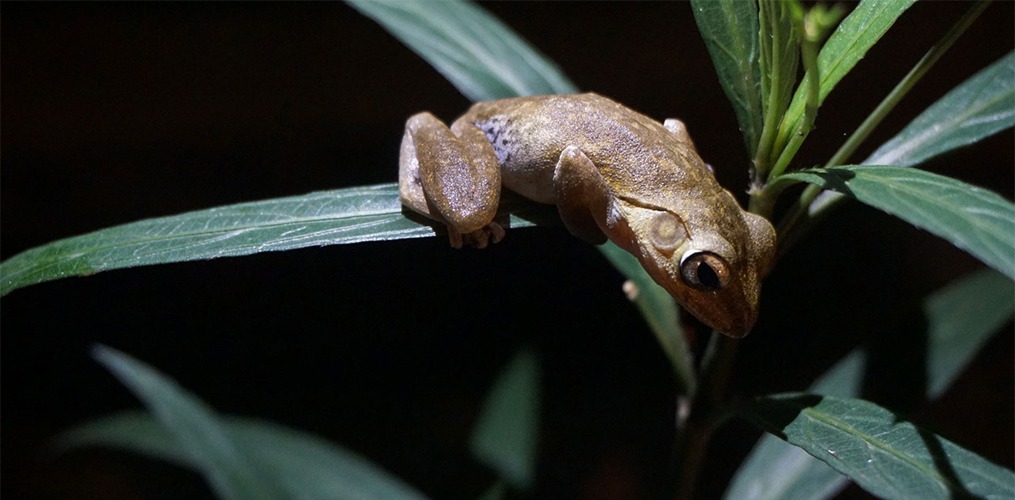
After three years of advancing a cultural shift in identifying, linking, integrating, and re-using biodiversity data throughout the research cycle, the BiCIKL project is coming to a close.
One of the key outputs of the BiCIKL project is the Biodiversity Knowledge Hub (BKH). Developed as a one-stop portal for understanding the interconnected landscape of European biodiversity research infrastructures, it acts as a knowledge broker for users who want to navigate and access open and FAIR biodiversity data, guidelines, tools, and services.
Additionally, the BiCIKL project’s partners created training materials and detailed instructions to help users make the most of the linked services and access biodiversity data found in published literature. The training resources are divided into three courses to cater to users with different backgrounds and expertise, enabling them to begin with the fundamentals or concentrate on specific modules as required:
- The Introduction to BKH course presents the BKH portal and helps users understand the functions offered by BKH and its associated data services.
- The BKH Services course provides an overview of the services available in the BKH, and explains how to use each of them, with each service having its dedicated module, and offering best practices and recommendations for their use.
- The Data Liberation and Publishing Tools Course is an advanced training course focusing on a more in-depth version of the multiple services featured on the BKH. This detailed module focuses on data liberation and publishing tools.
The courses, fully open and accessible to everyone, offer training materials that benefit various stakeholders. Research institutions can learn how different research infrastructures connect their data and add value for new user communities. Biodiversity researchers can explore new data sources, reduce errors in taxonomic name usage, and conduct complex queries. Taxonomists can compare name usage across checklists, access newly published information on a taxon, and create custom taxonomies. Biodiversity informaticians can discover data links, access guidance on identifiers and APIs, and compile complex datasets. Managers of biological collections can understand how their data is utilized and access linked data such as taxon names and sequences. Additionally, publishers can obtain guidelines, best practices, and tools for semantic publishing and implement persistent identifiers and workflows for Linked Open Data.
LifeWatch ERIC, via its Training Platform, will continue to host publicly accessible training materials even after the project’s conclusion, thus ensuring their long term sustainability. To learn more, please visit our Training Platform: https://training.lifewatch.eu/international-projects/resources/?category=32